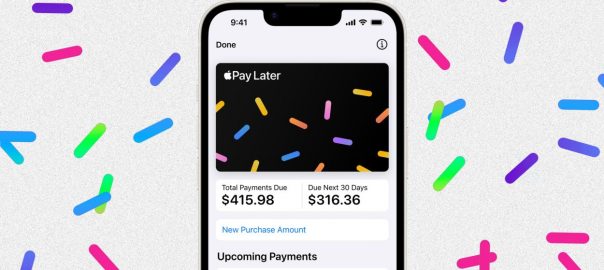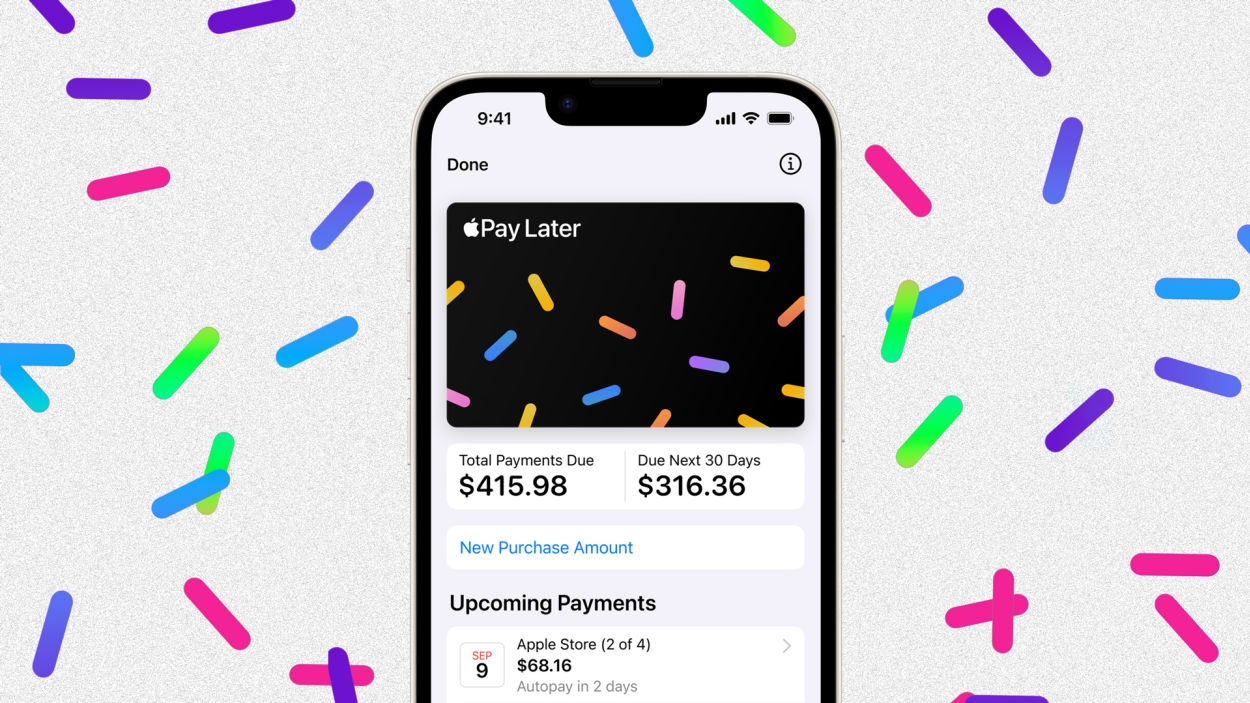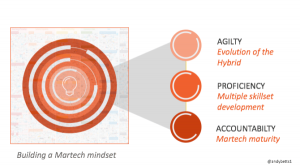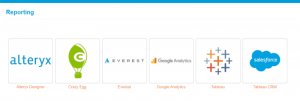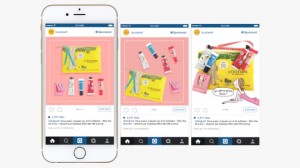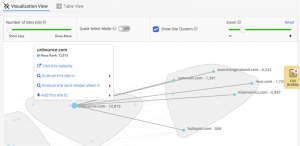Apple will now offer a buy now, pay later (BNPL) option for customers shopping with a retailer that accepts Apple Pay. Under the new arrangement, which was announced Tuesday, iPhone and iPad users can take out short-term loans with Apple of between $50 and $1,000, which must be paid back in four installments over the course of six weeks.
In a press release, Apple hinted at a need for buy now, pay later options in these economically turbulent times. “There’s no one-size-fits-all approach when it comes to how people manage their finances,” Jennifer Bailey, Apple’s vice president of Apple Pay and Apple Wallet, said in a statement included with the announcement.
Apple was quick to point out that the new BNPL offering carries zero fees and interest, provided that someone pays back their loan on time. If they don’t, they’ll be disqualified from the scheme. And in all likelihood many will indeed miss a payment: Data shows one in 10 U.S. consumers who take out BNPL loans—often through companies like Affirm and Klarna—are ultimately hit with late fees.
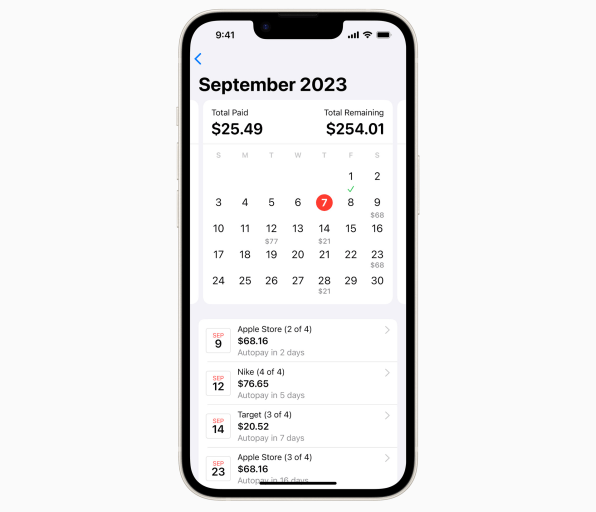
“It’s an aggressive and smart move by Apple to double down its efforts on this category,” says Dan Ives, managing director and senior equity analyst at Wedbush Securities. “This is a shot across the bow at Affirm and other competitors.”
While Apple will have plenty of competition in the marketplace, they’re in a good position to succeed, according to Benedict Guttman-Kenney, an economist at the University of Chicago Booth School of Business. “If you look at Apple, they’ve already got a large payments infrastructure,” he says. “They’ve already got a large client base. They’re in a very good position to compete with the existing lenders.” Guttman-Kenney also points out that they already offer BNPL-like products, in the form of financing options for Macbooks and iPhones, which are big-ticket items bought through Apple stores.
But the entry into the BNPL space also has wider ramifications beyond who’s winning and who’s losing in the fintech world. By making BNPL more mainstream, Apple could push more people into debt. Guttman-Kenney, who has authored research into the BNPL sector, has found that some folks charge the debt they rack up through BNPL schemes to their credit cards. That suggests at least some of those who utilize BNPL can’t really afford to pay for those purchases.
Apple will soon be opening up access to a prerelease version of Apple Pay Later to a random selection of users. The payments process is offered through an Apple subsidiary, called Apple Financing LLC, which will in time, the company says, start reporting all loans made through the system to credit bureaus in the United States. That means any purchases made through loans offered by Apple Pay Later could affect users’ credit scores.
While the $43 billion market is still quite small within the $6.6 trillion U.S. retail sales world, it’s growing as customers who can’t get credit cards turn to BNPL plans. But BNPL lenders are struggling with a rising number of defaults on their loans. In August 2022, shares in Affirm dropped precipitously as the company announced an increase in delinquencies. “Some of the largest BNPL providers have seen delinquency rates more than double over the past few quarters, while credit-card delinquency rates are relatively flat, underscoring the BNPL’s lower-asset quality,” Fitch Ratings wrote in July.
Nonetheless, Guttman-Kenney says Apple’s entry into the sector suggests the tech giant “has taken the view that BNPL can in some form be sustained, despite those adverse market headwinds.”If there’s one thing Apple’s entry into the sector could trigger, it’s more scrutiny by the Consumer Financial Protection Bureau (CFPB), the federal government watchdog. Last year the CFPB raised concerns over BNPL lenders’ use of customer data to target those same people with advertising and lead generation. “It’ll be a challenge for regulators like the CFPB in how to deal with these big tech firms,” says Guttman-Kenney.
Although, to that point, he adds: “They’re not just tech firms anymore. They’re very much in the financial services space.”
(7)
Report Post